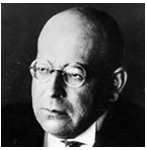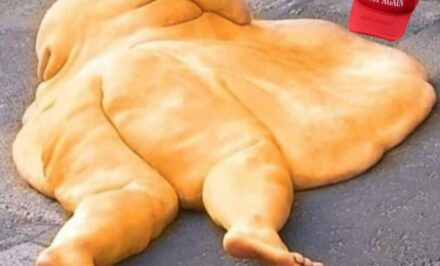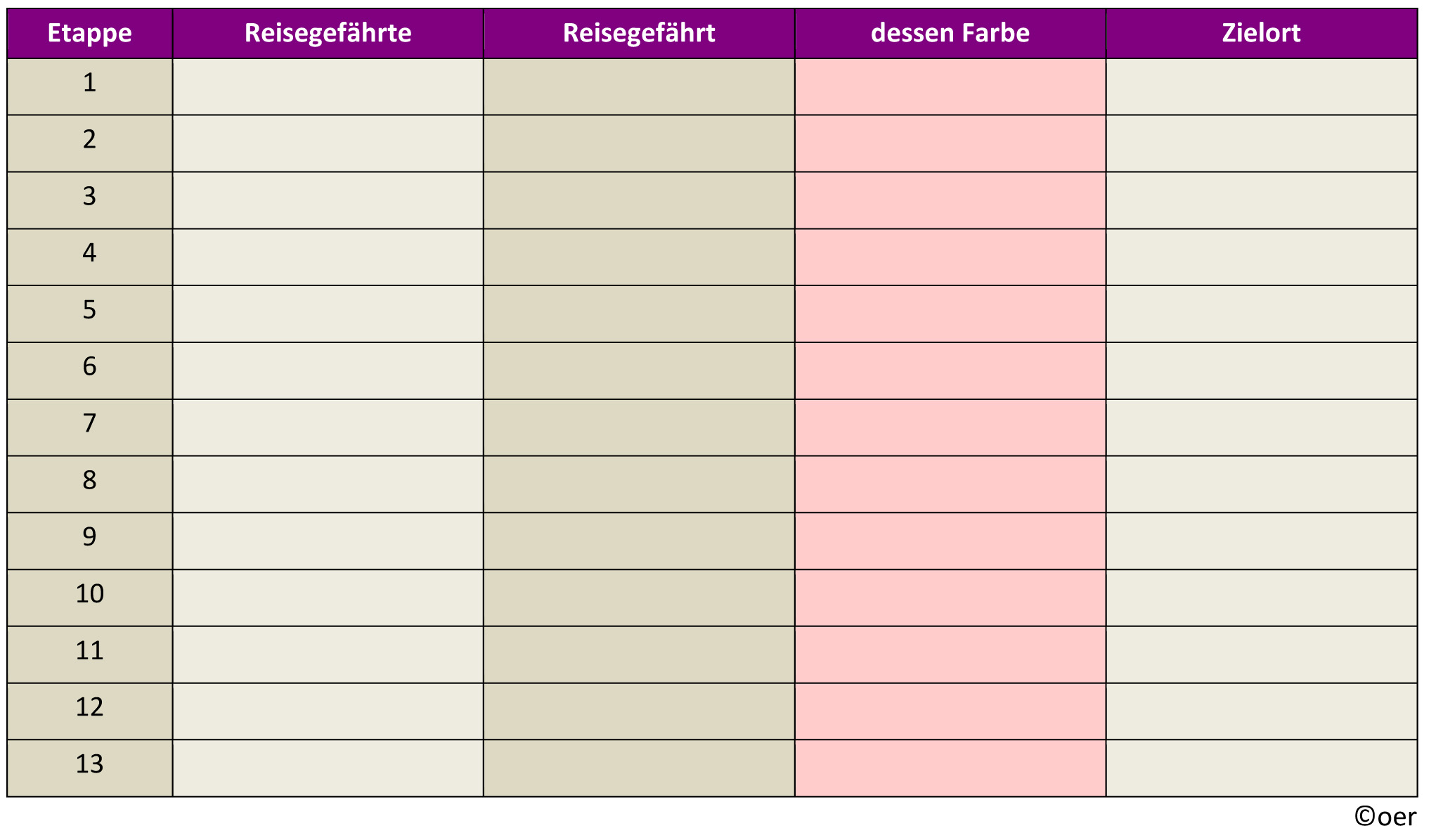
NEW YORK CITY, near America
Her name is Darla. The soiled clothes on her back are all she owns. She sleeps on the sidewalk outside a Manhattan bank, keeping her distance from a church up the street where the feeling is mutual.
Somewhere in Florida, her two small children live with their grandmother. This is all she tells anyone of her personal circumstances.
When she feels safe enough to lie on her side, a risky angle for homeless women, Darla’s shirt rides up at the waist, revealing something fleshy and defective that protrudes from her belly. Passersby look away.
Her eyes are large and brown, her voice as soft as cotton. Many’s the time I’ve heard her whispering—to someone.
I see her most days, usually seated on a folded blanket from the night before. I give her money—a dollar, sometimes two. Darla looks up and smiles, her way of saying thank-you. She breaks my heart.
His name is Donald. We New Yorkers have despised him for decades—for his bigotry, his tabloid vulgarity, his studious ignorance and ill manners, his chronic lying, his unseemly pride as both billionaire and deadbeat, his venality as a real estate developer, his political piggery. Worst of all, his haunting spiritual resemblance to William Marcy “Boss” Tweed (1823-1878), the swinish New York real estate developer and greedy political thug of yesteryear.
The rest of America, and the world beyond, now likewise suffer the crude presence of an angry man who wanders the White House corridors by night, in his bathrobe—unable to sleep, and profoundly unable to free himself from comparison with his predecessor.
 Donald seethes with jealousy and grudges, expressing mad thoughts via Twitter that unsettle us with their cruel and authoritarian tone, with their reliance on belittling all who would dare differ with him—or fail to praise him. In merely the past thirty days, ordinarily temperate gentlemen of prominent public position have been moved to call Donald a “guy with the empathy of a cockroach,” a “maniac,” an “asshole,” a “charlatan,” a “repulsive oaf,” and a “fucking moron.”
Donald seethes with jealousy and grudges, expressing mad thoughts via Twitter that unsettle us with their cruel and authoritarian tone, with their reliance on belittling all who would dare differ with him—or fail to praise him. In merely the past thirty days, ordinarily temperate gentlemen of prominent public position have been moved to call Donald a “guy with the empathy of a cockroach,” a “maniac,” an “asshole,” a “charlatan,” a “repulsive oaf,” and a “fucking moron.”
I confess my own fugitive judgment: Were justice a sweet irony, Donald would be sleeping where Darla sleeps, though for him I would not drop a penny. I dream instead of a day I might dance on his grave. (Confession redux.)
Meanwhile, Charles Blow of the New York Times suggests that Donald is plagued by the early stages of an inevitably harsh verdict on his life and times—if not imprisonment for his crimes. In his column of October 16, titled “Chieftain of Spite,” Mr. Blow set forth in three sledgehammer paragraphs:
 It must be cold and miserable standing in the shadow of someone greater and smarter, more loved and more admired. It must be infuriating to have risen on the wings of derision of that person’s every decision, and even his very existence, and yet not be able to measure up—in either stratagem or efficacy—when you sit where that person once sat.
It must be cold and miserable standing in the shadow of someone greater and smarter, more loved and more admired. It must be infuriating to have risen on the wings of derision of that person’s every decision, and even his very existence, and yet not be able to measure up—in either stratagem or efficacy—when you sit where that person once sat.
This is the existence of Donald Trump in the wake of President Barack Obama. Trump can’t hold a candle to Obama, so he’s taking a tiki torch to Obama’s legacy.
[I]f there is a defining feature of Trump as “president,” it is that in all ways he is the anti-Obama…There is a thing present in Obama and absent from Trump that no money or power can alter: a sense of elegant intellectualism and taste.
As evidence of how difficult it is for a newspaper writer to match the speed of a maniacal mouth, Mr. Blow’s essay preceded Donald’s newest outrages by only forty-eight hours. Additional outrage is certain to ensue, beginning shortly after I enter these latest to the mounting pile:
 In the weeks following the October 4 fatal ambush of four élite U.S. Marine Corps commandos involved in a secret military operation in the African nation of Niger, Donald played golf. But on the day after Mr. Blow excoriated the “president,” Donald was finally persuaded by his handlers to telephone the pregnant widow of Sergeant La David T. Johnson, one of the ambushed men. He informed Mrs. Myeshia Johnson that her dead husband “knew what he getting into” upon joining the Marines and training with the Green Beret unit—this according to Congresswoman Frederica Wilson, who was present during the speaker phone conversation between Donald and Mrs. Johnson. The “president” declared the congresswoman a fabulist, and claimed he had “proof” that he’d not said any such callous thing. Nevertheless, Mrs. Johnson—along with Sergeant Johnson’s mother, Cowanda Jones-Johnson, who also heard the conversation—confirmed Congresswoman Wilson’s account, word for word. Donald has yet to offer “proof” that these three women lied.
In the weeks following the October 4 fatal ambush of four élite U.S. Marine Corps commandos involved in a secret military operation in the African nation of Niger, Donald played golf. But on the day after Mr. Blow excoriated the “president,” Donald was finally persuaded by his handlers to telephone the pregnant widow of Sergeant La David T. Johnson, one of the ambushed men. He informed Mrs. Myeshia Johnson that her dead husband “knew what he getting into” upon joining the Marines and training with the Green Beret unit—this according to Congresswoman Frederica Wilson, who was present during the speaker phone conversation between Donald and Mrs. Johnson. The “president” declared the congresswoman a fabulist, and claimed he had “proof” that he’d not said any such callous thing. Nevertheless, Mrs. Johnson—along with Sergeant Johnson’s mother, Cowanda Jones-Johnson, who also heard the conversation—confirmed Congresswoman Wilson’s account, word for word. Donald has yet to offer “proof” that these three women lied. Two days after Mr. Blow’s column, Donald threatened unspecified revenge against John McCain, the highly decorated war hero and respected member of the United States Senate who recently underwent surgery for late stage brain cancer. The senator had the temerity to serve up an oblique criticism of Donald’s fascistic “America First” slogan as an unpatriotic refusal to accept “the obligations of international leadership…for the sake of some half-baked, spurious nationalism.” Enraged, Donald warned the senator, “Be careful because at some point I fight back. I’m being very nice. I’m being very, very nice. But at some point I fight back, and it won’t be pretty.”
Two days after Mr. Blow’s column, Donald threatened unspecified revenge against John McCain, the highly decorated war hero and respected member of the United States Senate who recently underwent surgery for late stage brain cancer. The senator had the temerity to serve up an oblique criticism of Donald’s fascistic “America First” slogan as an unpatriotic refusal to accept “the obligations of international leadership…for the sake of some half-baked, spurious nationalism.” Enraged, Donald warned the senator, “Be careful because at some point I fight back. I’m being very nice. I’m being very, very nice. But at some point I fight back, and it won’t be pretty.”

Darla’s impoverished, invisible life on the streets of America’s wealthiest city and bustling fulcrum of the capitalist world did not simply happen. Can it be entirely her fault that she could not keep step with the city’s pace? Or was her downfall a tale long ago foretold?
 The German historian and philosopher Oswald Spengler (1880-1936) published a magnum opus—first in Berlin as “Der Untergang des Abendlandes” in 1918, then in London 1922 as “The Decline of the West.” In it, he cited the degradation of social structures meant to nurture the common folk of western democracies as prelude to a rebirth of feudalism, the medieval system in which lords owned the land—a society where all others were vassals unworthy of education, decent housing, dignified work, nutritious food, medical care, money, and the political say-so of civil democracy.
The German historian and philosopher Oswald Spengler (1880-1936) published a magnum opus—first in Berlin as “Der Untergang des Abendlandes” in 1918, then in London 1922 as “The Decline of the West.” In it, he cited the degradation of social structures meant to nurture the common folk of western democracies as prelude to a rebirth of feudalism, the medieval system in which lords owned the land—a society where all others were vassals unworthy of education, decent housing, dignified work, nutritious food, medical care, money, and the political say-so of civil democracy.
In the late 1920s and ‘30s, feudalism came to Germany, Italy, and Spain in modern form: fascism. In those countries, democracy vanished for a while in the foul winds of dictatorships supported by an élite slice of the respective citizenries. (An aristocrat himself, Spengler voted for Adolf Hitler in the German election of 1932.)
Spengler predicted that with the millennial turn of 2000, western democracies would enter a period of “pre-death emergency” necessitating the “extraconstitutional omnipotence” of a political strongman. Boss Tweed, say, or a descendant named Donald, a monarch of the new American aristocracy of cash, if not class, a golden-haired, trash-talking, pussy-grabbing sham monarch. Donald, the poor man’s idea of a rich man. Donald, a businessman who surely will “get things done,” per the hopes of the heedless flock of voters who sent him to Washington; a flock of Americans sixty-three million strong, yet too weak to smell a raw deal.
Definitely a raw deal for those of us who sleep indoors and would like to keep it that way.
As I write, Donald and his Republican Party lackeys in Congress are pushing for tax “reform,” a greasy scheme that would primarily benefit the ultra-rich. Meaning people like Donald, his family, and his golf buddies—even as he and other wealthy Americans own more money than ever, according to the Federal Reserve’s Survey of Consumer Finance. The survey, based on 2016 statistical reporting, finds that a privileged one percent of the U.S. population owns thirty-eight percent of the country’s wealth. By contrast, ninety percent of the population holds only twenty-three percent of the wealth—a ten-point slide from 1989.
Disparity be damned. Washington Post finance editor Heather Long writes, “The wealthy get a tax cut. They will pay only 35 percent on their income taxes, down from 39.6 percent. At the moment, this rate applies to any income above about $418,000 (€354,220).” Further, Donald and his comrades propose to slash the corporate tax rate—from the current thirty-five percent to twenty percent.
Foundational to this Spenglerian social divide are the interlocking U.S. Supreme Court decisions of Buckley v. Valeo (1976) and Citizens United v. Federal Election Commission (2010). In Buckley, the high court held that government limits on political campaign spending by corporations were unconstitutional—contrary to the First Amendment right of free speech. In Citizens United, the court declared that corporations had the same constitutional rights as individuals; in effect, that corporations are people. Bottom line: the corporate power of organized money trumps the polity’s common herd.
Former president Jimmy Carter, a man of uncommon grace, was elected in the very year of Buckley v. Valeo. He tries as best he can to sound an alarm about the country’s relentless drift away from democracy. In an obscure radio interview earlier this year, Mr. Carter sounded off on the godawful Citizens United decision, contending that it:
 …violates the essence of what made America a great country in its political system. Now it’s just an oligarchy, with unlimited political bribery being the essence of getting the nominations for president, or to elect the president. And the same thing applies to governors and U.S. senators and Congress members. So now we’ve just seen a complete subversion of our political system as a payoff to major contributors who want and expect and sometimes get favors for themselves after the election is over.
…violates the essence of what made America a great country in its political system. Now it’s just an oligarchy, with unlimited political bribery being the essence of getting the nominations for president, or to elect the president. And the same thing applies to governors and U.S. senators and Congress members. So now we’ve just seen a complete subversion of our political system as a payoff to major contributors who want and expect and sometimes get favors for themselves after the election is over.
Corporate media chose not to publicize Mr. Carter’s cri de cœur. The 93-year-old ex-president moves forward, though, in causes championed by the eponymous Carter Center at Emory University in Atlanta, Georgia. Among other low-key activities, Jimmy Carter and his wife, Rosalynn, are periodically dressed in carpenter’s aprons stuffed with tools. They join other construction gang workers in building housing for low-income Americans under the center’s “Habitat for Humanity” initiative.
Unhappily for Darla, she is at this time untouched by such grace. She and others of her low station—along with those so close to the gutter as to be slipping beyond our attention—are victims of democracy’s vanishing act, and with it the structures that once nurtured them. Items:
- Despite majority public support for a federal government guarantee of health care—registering a thumping sixty-two percent, according to a July poll by the Associated Press—Donald and his Republican Congress and the corporate health insurance lobbyists continue to thwart the demand. This intransigence gladdens the heart of lawyers employed by debt collection companies, which thrive on intimidating uninsured poor people with huge medical debt.
- Draconian cuts to the Supplemental Nutrition Assistance Program now literally take food from the tables of hard-pressed communities in the rural South and post-industrial states of the Middle West—where critical voting majorities suckered themselves into checking off Donald’s name at the ballot box last year. In May of this year, shortly before Donald’s mean cuts took effect, the Washington Post noted, “[P]eople in those regions are temporarily exempt from national work requirements for the SNAP program because there are not enough jobs there for everyone who wants one.”
- Donald’s proposed budget would abolish the popular “Meals on Wheels” program, which provides food to the elderly, poor, veterans, and the home-bound disabled. Never fear! Donald’s budget also calls for a boost in military to the tune of $54 billion (€45.9 billion), the great bulk of which will end up in payments to the corporate armaments industry.
 As if to mock the poor, or at least put them out of mind, the rich one percent of Americans spends its excess on things like meals at Saison of San Francisco, where dinner for two—before wine and tip—costs a cool $1,000 (€850). An even steeper charge of $1,169 (€993.65) is in effect at Masa of New York, the most expensive restaurant in the country. The lesser rich display faux solidarity with the poor by purchasing denim trousers oh-so-carefully pre-ripped at the factory—pants that look remarkably like those that Darla wears.
As if to mock the poor, or at least put them out of mind, the rich one percent of Americans spends its excess on things like meals at Saison of San Francisco, where dinner for two—before wine and tip—costs a cool $1,000 (€850). An even steeper charge of $1,169 (€993.65) is in effect at Masa of New York, the most expensive restaurant in the country. The lesser rich display faux solidarity with the poor by purchasing denim trousers oh-so-carefully pre-ripped at the factory—pants that look remarkably like those that Darla wears.
My country should be able to do better by Darla.
We once had better angels in the White House to ensure exactly that. During his presidency, from 1932 to 1944, Franklin D. Roosevelt said, “The test of our progress is not whether we add more to the abundance of those who have much; it is whether we provide enough for those who have too little.”
We still have quiet visionaries—men like Jimmy Carter, and Bryan Stevenson of New York University School of Law who said, “The opposite of poverty is not wealth, it is justice.”
I hope for the triumph of visionaries and whatever angels might still exist. It is hard to hope. I hope that justice comes for Darla before she disappears without a trace, as many other Darlas already have. I hope she receives the medical attention that is her right. I hope she receives help to return home to her children. Darla breaks my heart.
Thomas Adcock is America correspondent for CulturMag
Additional Photo Credits
Donald Trump — politicususa.com
Charles Blow — dailymail.co.uk
La David T. Johnson — nbcnews.com
John McCain — cnn.com
Oswald Spengler — upclosed.com
Jimmy Carter — cnn.com
Ripped denim pants — cosmopolitan.com
His last essays at CrimeMag:
September 2017: America to Dumb Blond: Got to Hell!
August 2017: Shoot! Guns, Guns Everywhere
May 2017: ‚Fremdschämen‘. Regarding the Crumbling Trump Empire
March 2017: Trump’s ‚Fourth Reich‘
And more of his essays.











